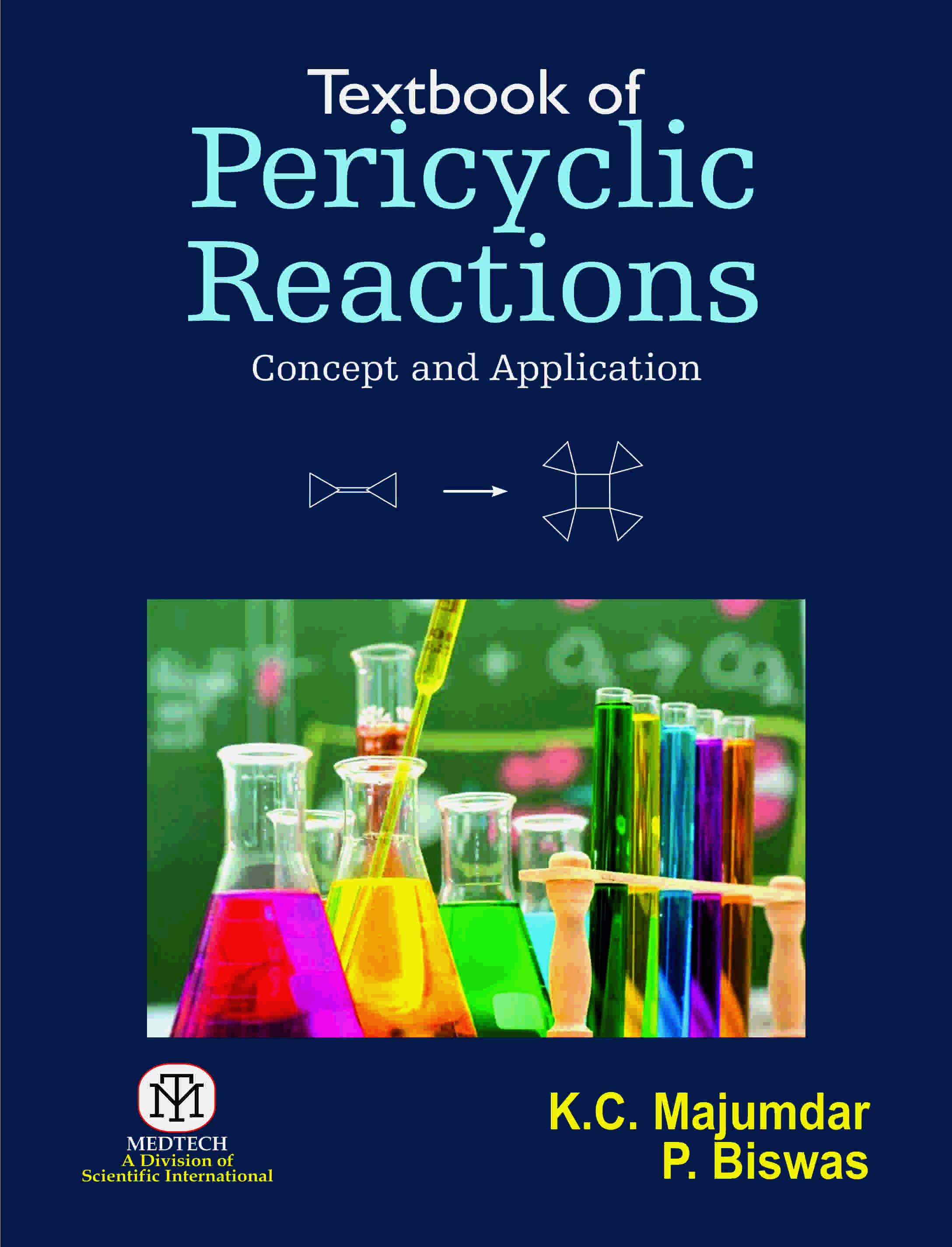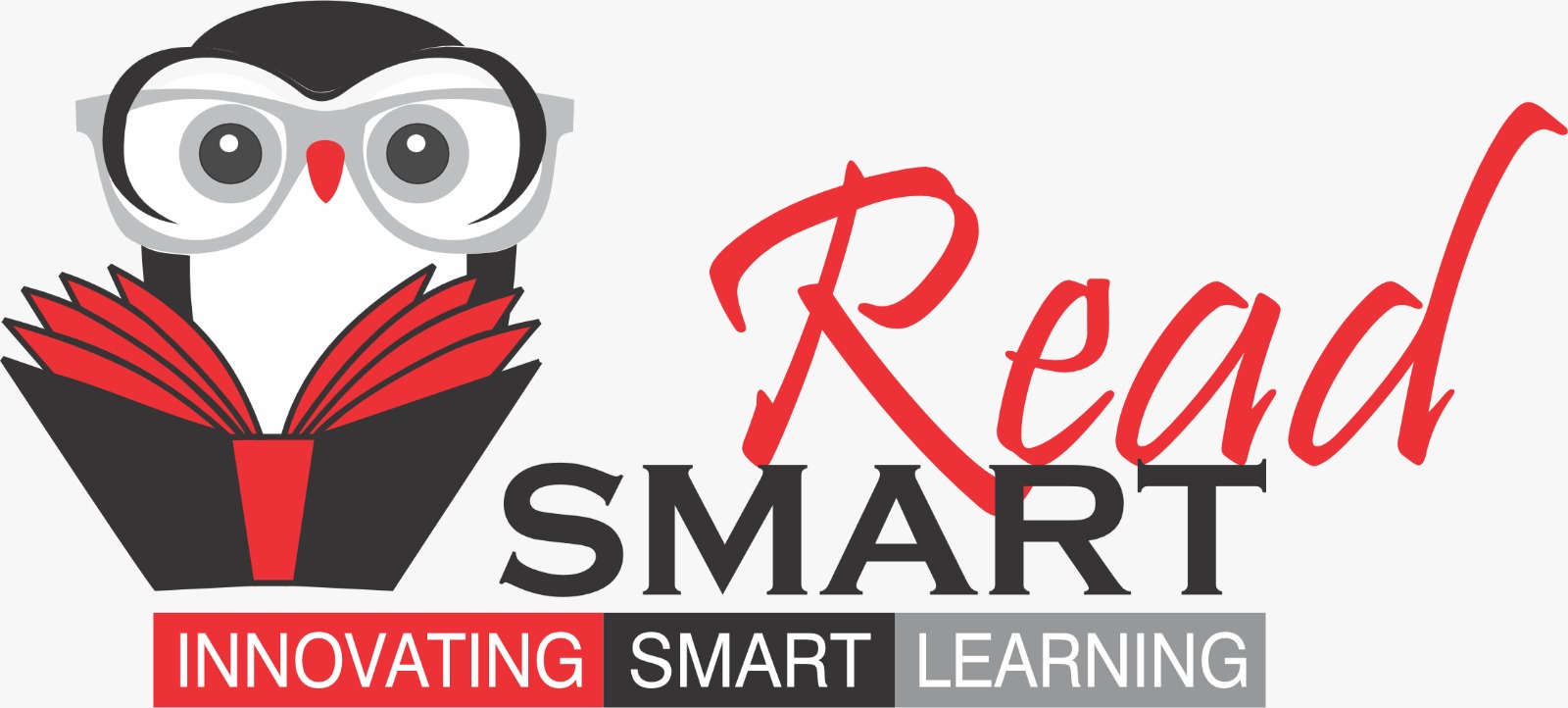Scientific International is a leading publisher of high-quality academic and scientific books across various fields. Our publications are authored by esteemed experts from India and globally, known for their academic excellence and pedagogical approaches. We publish under the MedTech imprint, a rapidly growing platform covering numerous disciplines. Our mission is to provide cutting-edge, accessible content that inspires curiosity and fosters learning, contributing to the global academic community and supporting students, professionals, and researchers worldwide.
Associated partner

TEXTBOOK OF PERICYCLIC REACTIONS : CONCEPT AND APPLICATION
Rs. 395
| Attribute | Details |
|---|---|
| ISBN | 9789384007379 |
| Author | PARITOSH BISWAS KRISHNA CHANDRA MAJUMDAR |
| Subject | Chemistry |
| Binding | Paperback |
| Total Pages | |
| Copyright Year | 2022 |
Note : Price subject should be change on the website.
Based on the lecture notes, the Textbook of Pericyclic Reactions is intended to provide a lucid explanation of concepts. Written in simple language and embedded with examples, problems and diagrams. Its objective is to make the subject comprehensive to the students and others preparing for competitive examinations. This book is highly recommended for the undergraduate and postgraduate students in developing and underdeveloped countries. The book is profusely illustrated and covers the latest findings to make it a reliable textbook. After dealing with the classification of pericyclic reactions and conservation of orbital symmetry, it covers symmetry properties of molecular orbitals, theory of pericyclic reactions, cycloaddition reactions, electrocyclic reactions, sigmatropic reactions, site- and periselectivity, group transfer reactions, cyclic bond reorganizations, etc.





 Continue With Google
Continue With Google
 Continue With Facebook
Continue With Facebook
